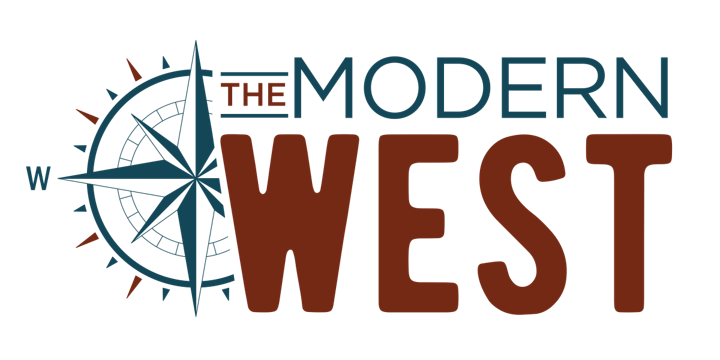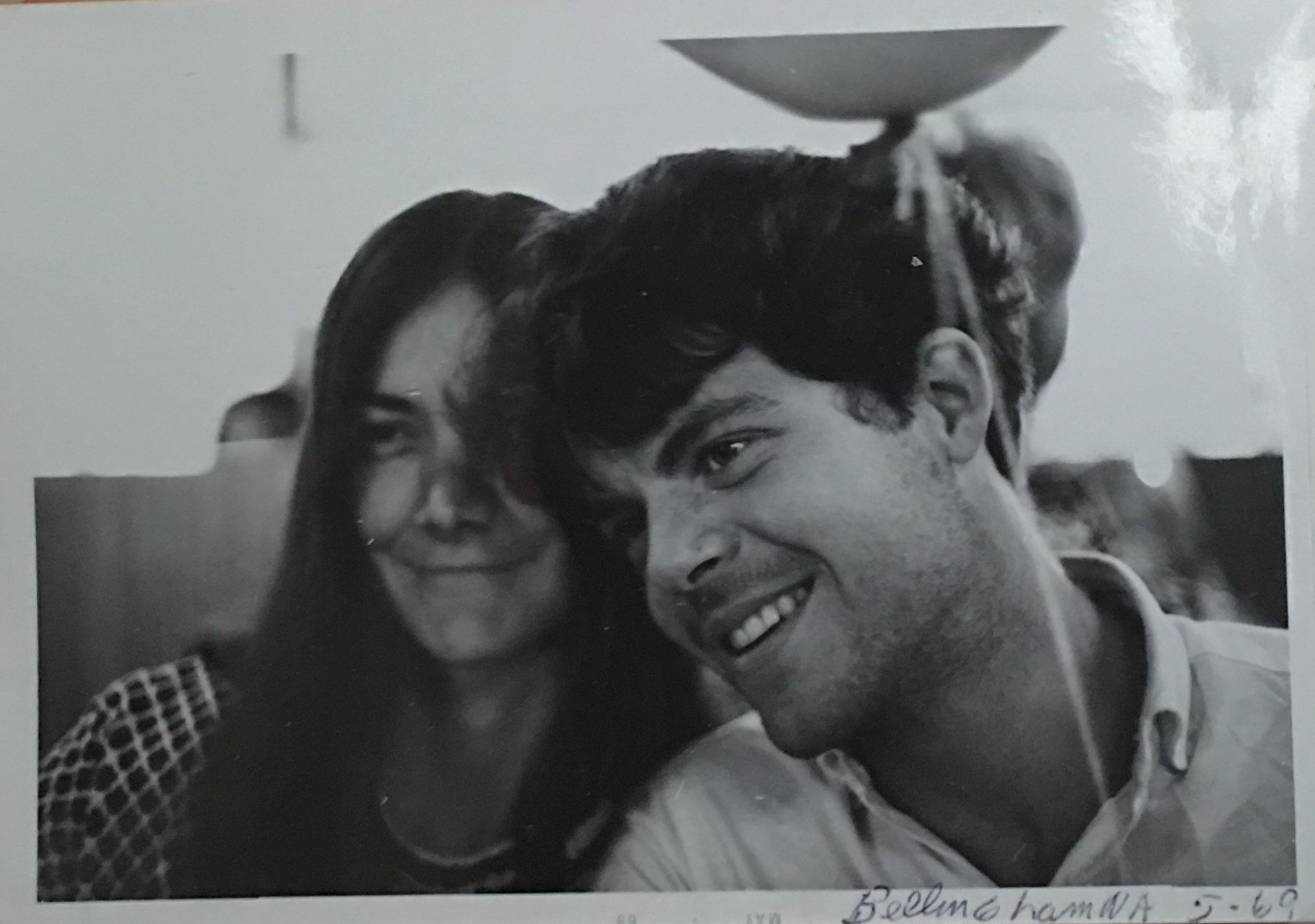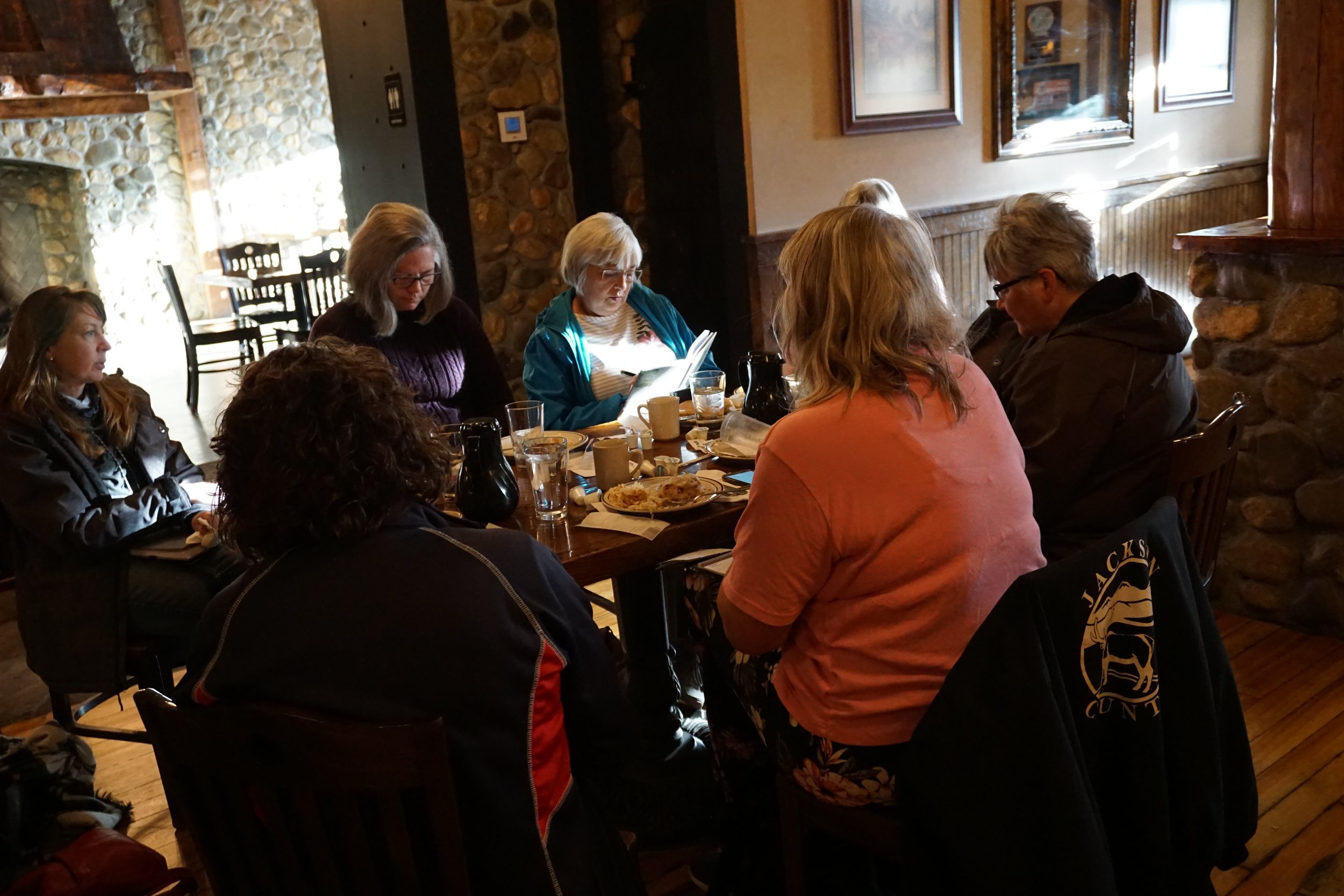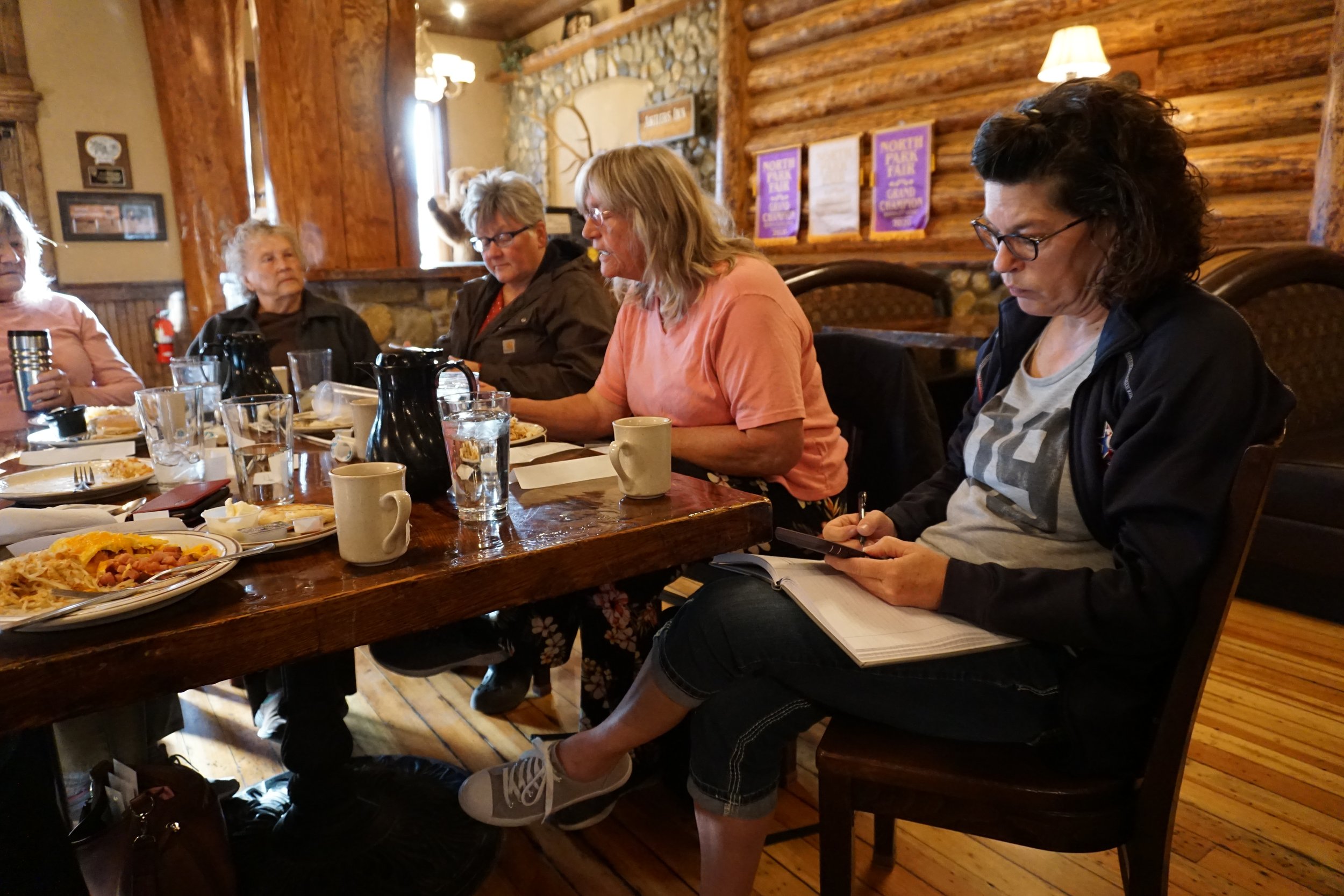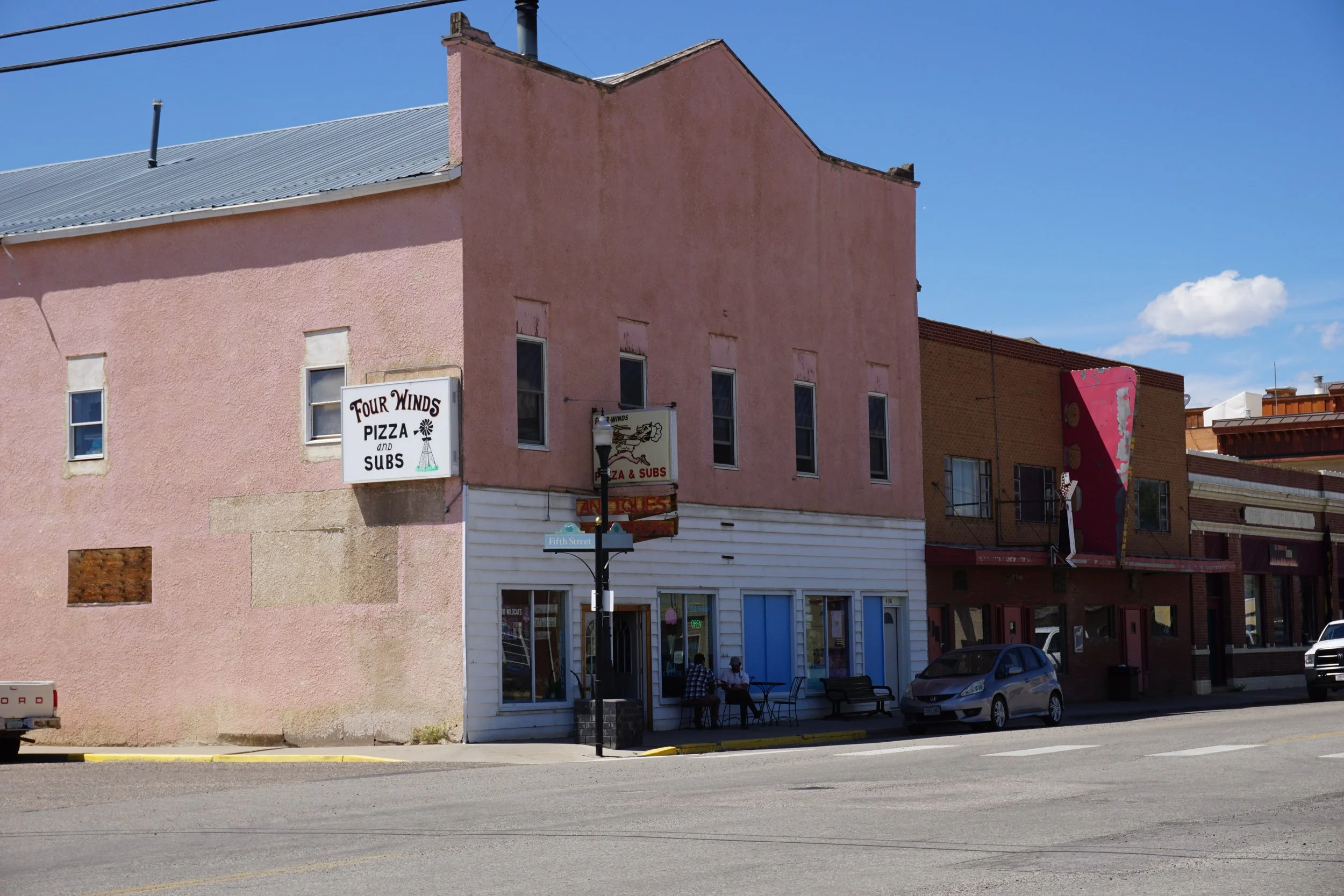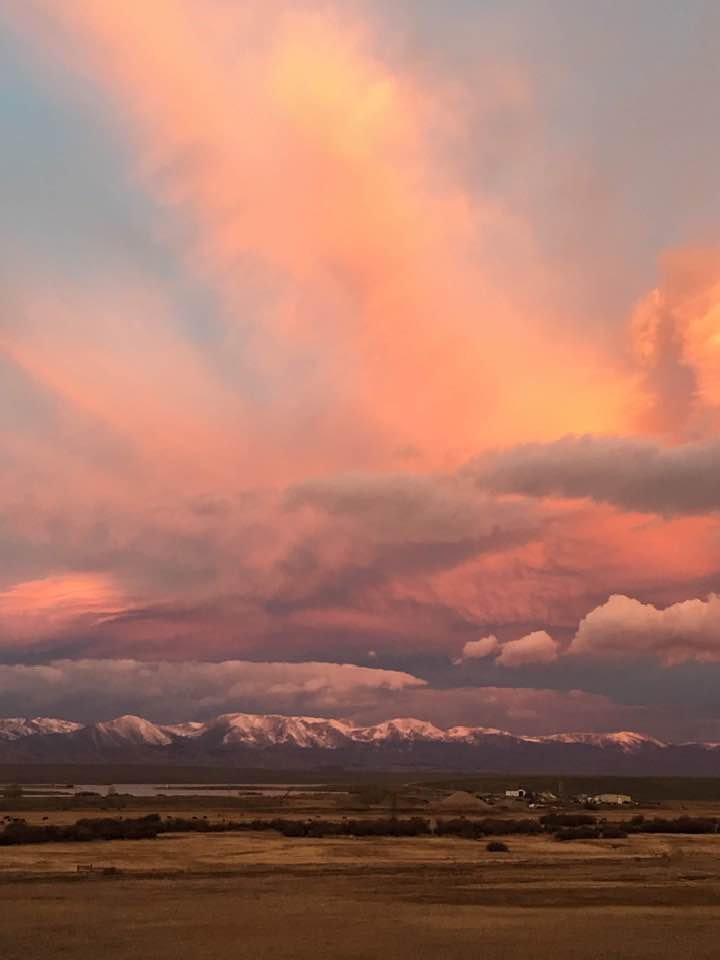
Ghost Town(ing)
Series.
They say those who fail to learn from history are doomed to repeat it. So what can Old West ghost towns teach us about today's shrinking rural towns? Starting September 16, we'll take you to the windswept prairie where towns once stood and to new ghost towns in the making. We're exploring rural decline and resilience, and asking, why does it matter if America's small towns disappear?
Years ago, small towns like Walden, Colorado were vibrant. Street dances, a health food store, a movie theatre, the works. At least, that's how host Melodie Edwards remembers it from her childhood. Now it's shrinking, part of the "ghost towning" of the American West. But can communities like Walden find a way to survive? Or will Melodie's parents be forced to move away, like so many others?

Why are we so fascinated by old ghost towns? And what can they teach us? We go looking for the ghosts of an old silver mining community called Teller City to see if they have any lessons for how the nearby town of Walden, Colorado can keep from falling into the same cycles of boom and bust.
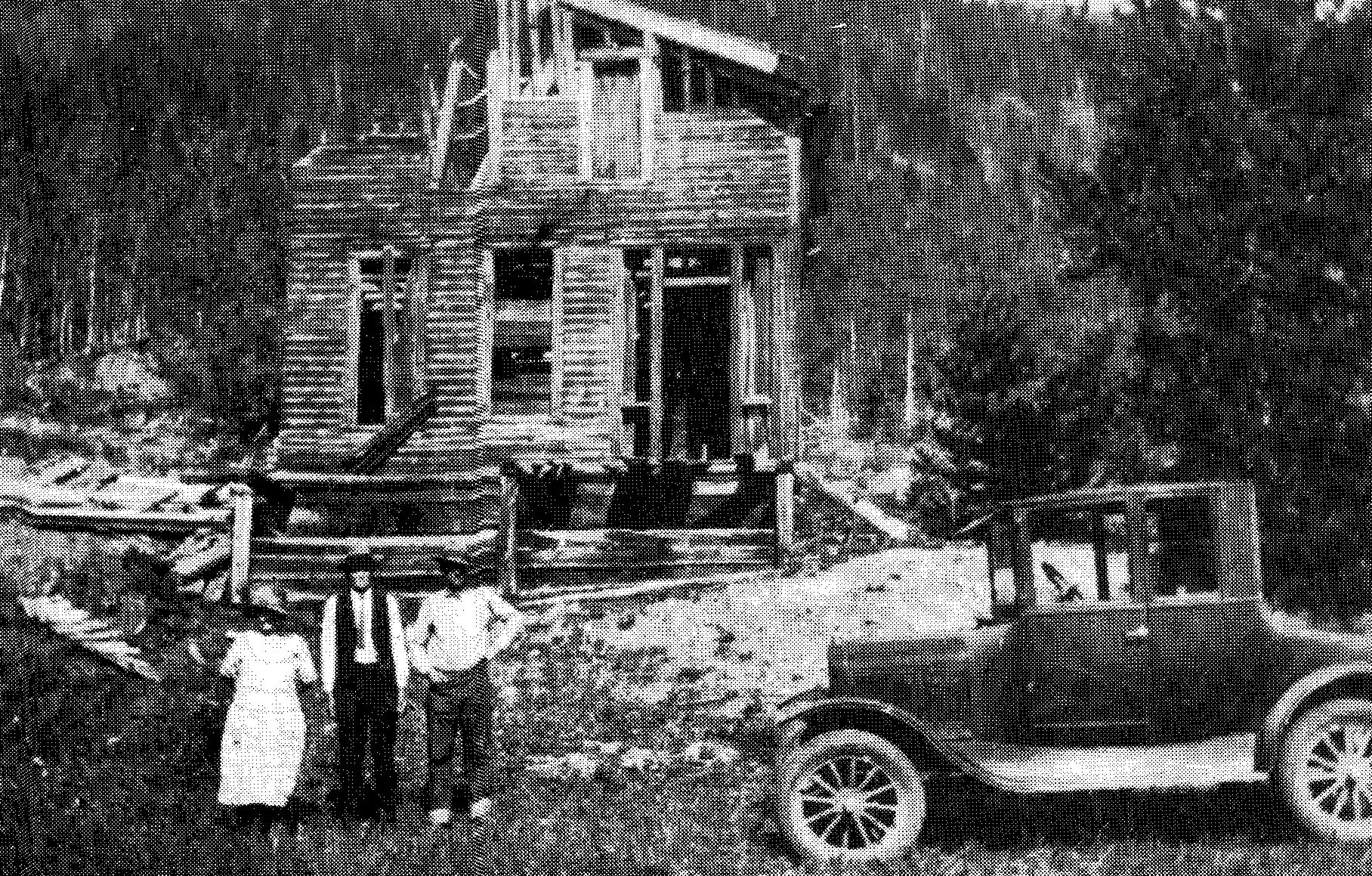
The West has long been a haven for the ultra-wealthy. Sometimes, they move into small towns with the aim of revitalizing them. But in Walden, Colorado, one wealthy businessman’s plans went awry, with dire consequences for the community.
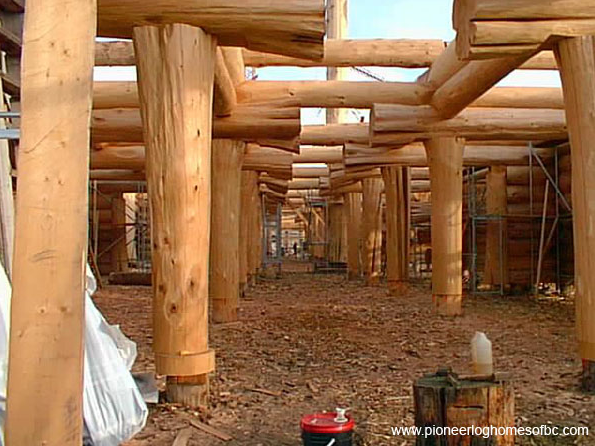
Part 4 of our Ghost Town(ing) series is in the works, coming out next week. But while you’re waiting, here's a way that you can get your voice in on the conversation about the state of the rural West.
2020 feels apocalyptic. It's not just the pandemic; there's also drought, mega-fires, melting glaciers. Meanwhile, the ultra-wealthy are stockpiling land, buying up small family ranches across the Mountain West. It makes you wonder, is it really a good idea to put that much environmental control in the hands of so few?
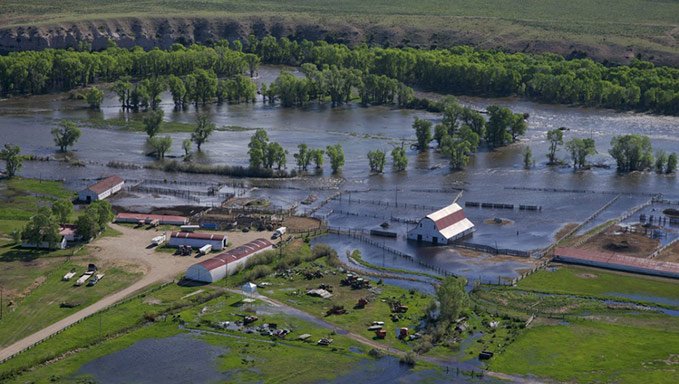
The rural West has been seeing a steeper and steeper decline into despair, especially among white men. But when a Vietnam vet's mental breakdown threatens the safety of Walden, the small town has a response that neighborhoods everywhere could learn from.
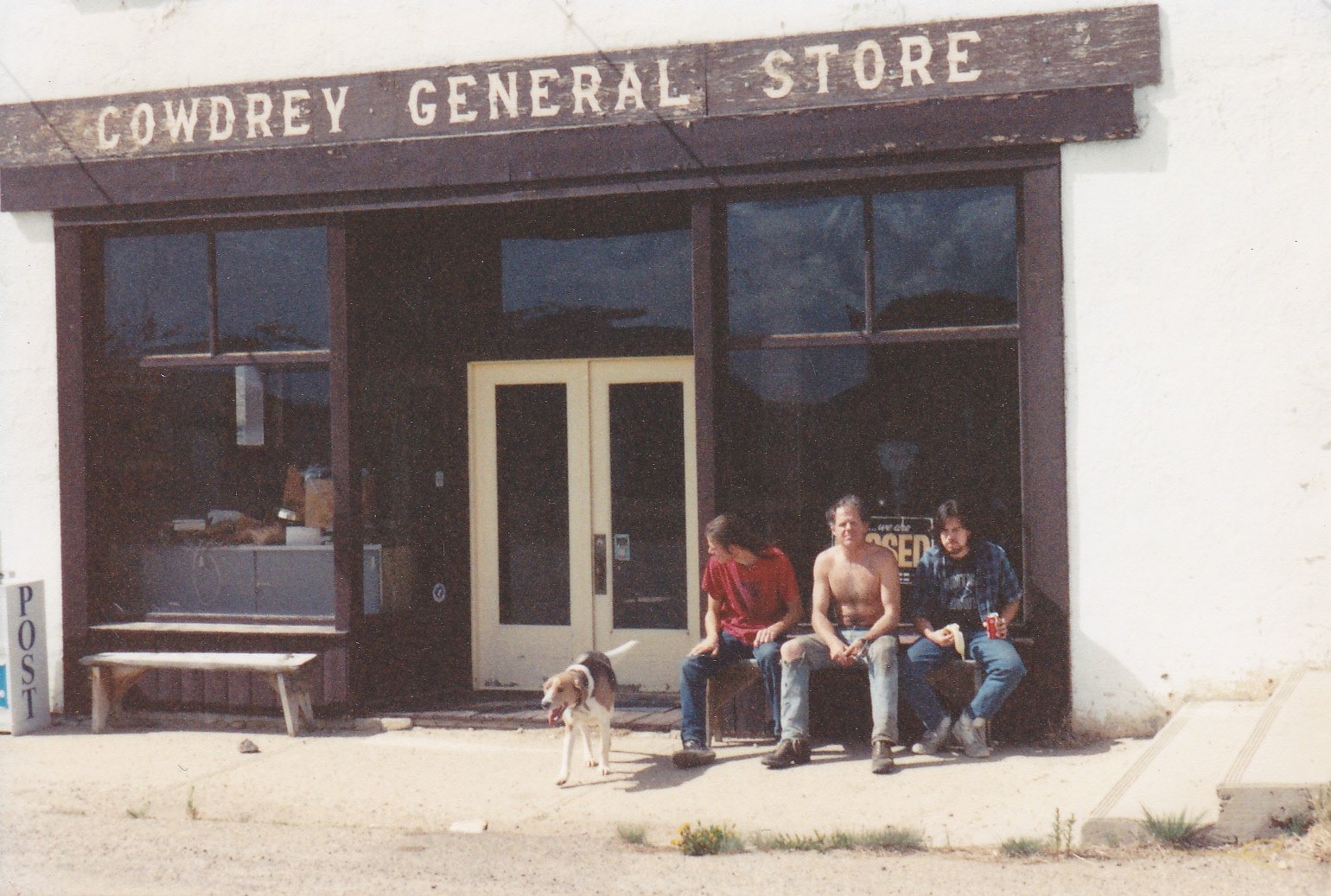
Living in a pandemic doesn't have many plus sides to it. But there is one bright side for rural America. Telehealth is finally getting to flex its muscles. But adjusting to technology isn't easy for older patients, and that's one thing small towns have lots of: senior citizens. So, we take a trip to Sheridan, Wyoming to see how well telehealth is working for veteran Ron Loporto.

Many places in the American West are becoming food deserts, where it's hard to get healthy food. Sometimes that's because people can't afford it or because it means driving long distances. And for really isolated places, sometimes it's because of both. Now, a group of ladies in Wyoming's struggling coal country are working on a plan to solve hunger there.
We're on a short holiday break, so here's the first part of a podcast called Grouse, a show about the most controversial bird in the West and what it can teach us about hope, compromise, and life in rural America.
Some former Southern enslaved people and their descendants followed the American dream westward, where they created towns to homestead together. This is a tale of two of those towns—on either side of the Wyoming-Colorado border—and what today's small towns now can learn from their stories.
Right now, the West is struggling to diversify its economy. But would our economy have already been diversified if a greater diversity of people had been allowed to make their homes here? How the history of racial erasure has hurt small towns, and how welcoming newcomers could turn that around.

The out-migration of rural youth is one of America’s great migrations--even the history books are calling it that. Younger generations leave because they have a need to feel connected to the great, big world out there. And as that world becomes more connected through the internet, small towns like Walden feel even more isolated. But would they come home if there was more equality in rural broadband?
Small town politics has a lot to teach us about how fragile democracy is right now. In Walden, we sit in on a beautification committee meeting and see how hard it is to make change happen--and how rural struggles are reflected in American democracy writ large.
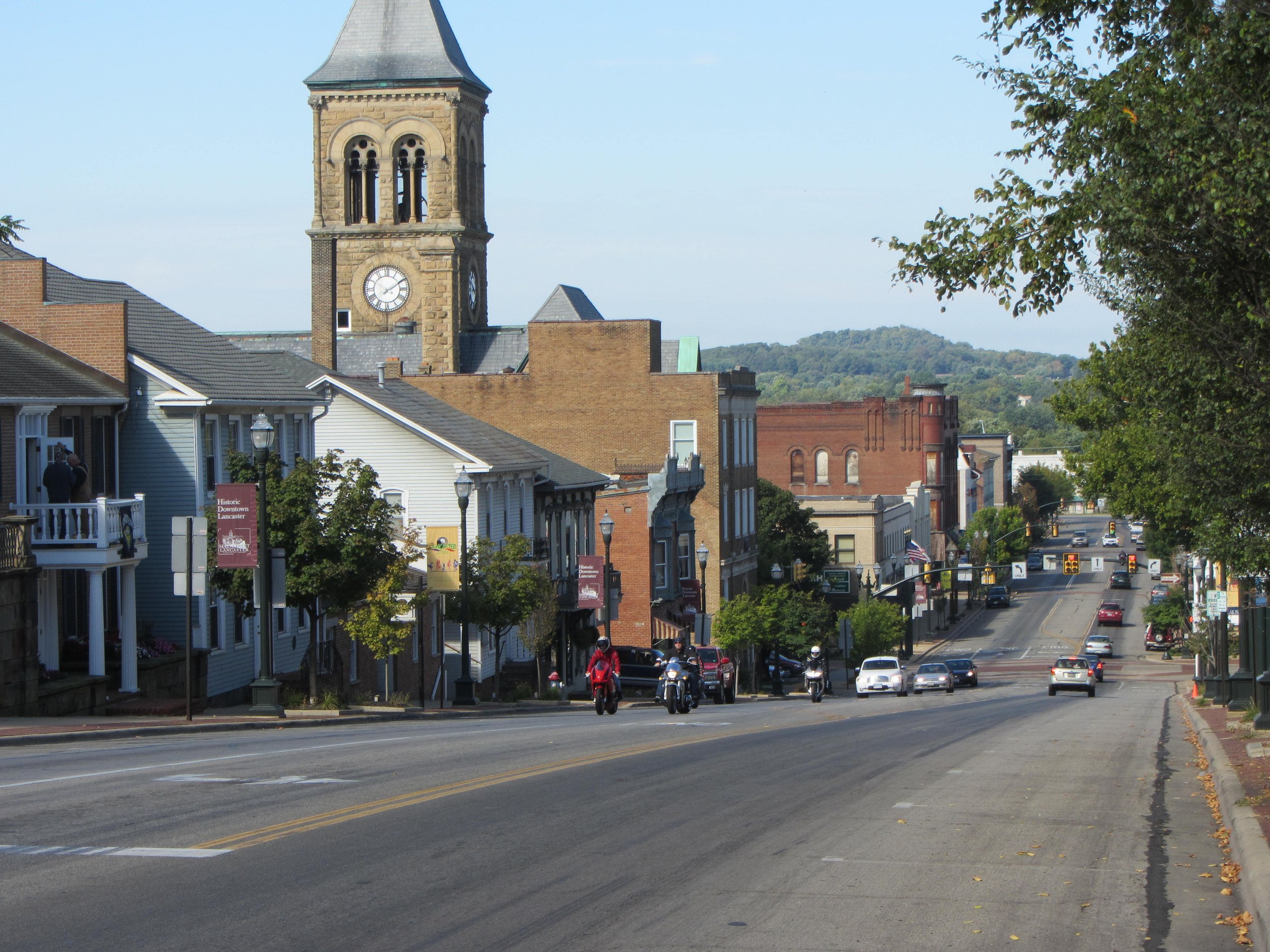
In the final chapter of Ghost Town(ing), host Melodie Edwards revisits her parents' decision about whether to move away from Walden. Her mom has been trying to lure her dad away with all sorts of stratagems. But there's a lot about the craziness of 2020 that entrenched him even deeper.

From the nurse who moved back to Walden, to the foreign diplomat who grew up in Nebraska, from the ranch kid who's seen the wealthy moving in, to the Asian-American daughter remembering her father's migration to the great American West. Listeners react to Ghost Town(ing) with their stories.
In the process of reporting on rural decline, we discovered an underground movement of people thinking hard about how to help small towns revitalize. We partnered with the Rural America Chamber of Commerce to host a live virtual event, bringing some of these problem-solvers together. The result was an inspiring and clear-eyed conversation. In this episode, we bring you the highlights.
We're hard at work on our next season but, while you're waiting, we wanted to share Carbon Valley, another podcast from Wyoming Public Media that follows the race to develop an unlikely climate solution.
If you loved our Ghost Town(ing) series, check out Reframing Rural. Host Megan Torgerson takes you to her Montana homeland and introduces us to all sorts of people we usually don’t hear from. Like in this episode, where high school history teacher and Chippewa descendent Eddie Hentges talks about the challenges of teaching in a small town.
